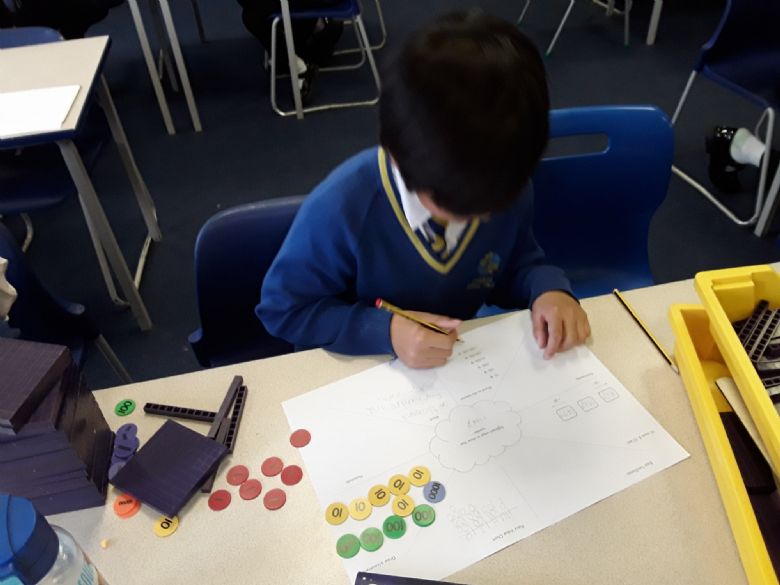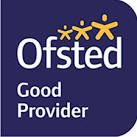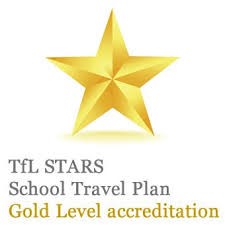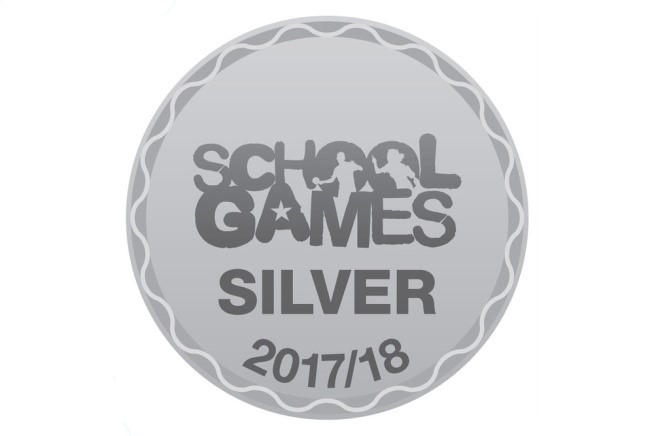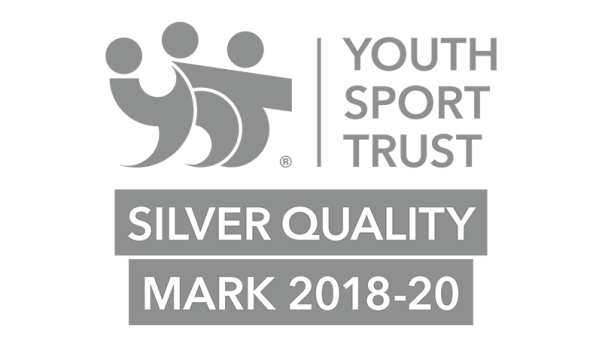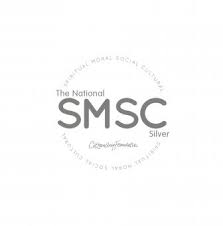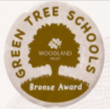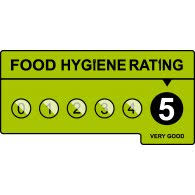Maths
Intent
At Earlsmead, we have adopted the teaching for mastery approach. Our aim is that mathematical knowledge, skills and values are taught, sought and caught in learning and life.
We follow the White Rose curriculum which embraces the National Curriculum aims. There are clear, identified end points which are coherently sequenced to build on what has been taught before. We intend to provide a foundation for understanding number, reasoning, thinking logically and problem-solving with resilience, and for pupils to acquire a deep, long-term, secure and adaptable understanding of maths.
Following the White Rose curriculum helps our pupils to become:
Visualisers – we use the CPA approach (concrete, pictoral and abstract resources) to help pupils understand deep mathematical concepts and to make connections between different representations.
Describers – we place great emphasis on mathematical language and questioning so pupils can discuss the mathematics they are doing, and so support them to take ideas further.
Experimenters – as well as being fluent mathematicians, we want pupils to love mathematics and be life-long learners of the subject.
Implementation
Our implementation is developed through secure understanding of the curriculum and subject area.
As a foundation for our Mathematics curriculum, we use White Rose Maths, which offers a framework to teach the Mathematics Programme of Study as laid out by the National Curriculum and the Statutory Framework for the Early Years Foundation Stage, alongside other high-quality resources.
Following the White Rose mastery approach ensures that:
- Larger, complex learning goals are broken down into smaller, more granular steps
- Pupils have the opportunity to develop their conceptual understanding of maths by using concrete objects, pictorial representations and abstract thinking
- Pupils have the same opportunity to learn and the support they need to fully grasp concepts
- Our belief in making maths fun for children and helping them find enjoyment in number problems is supported
Concrete, pictorial, abstract
All pupils, when introduced to a key new concept, should have the opportunity to build competency. Pupils are encouraged to physically represent mathematical concepts. Objects and pictures are used to demonstrate and visualise abstract ideas, alongside numbers and symbols.
Concrete – children have the opportunity to use concrete objects and manipulatives to help them understand and explain what they are doing.
Pictorial – children then build on this concrete approach by using pictorial representations, which can then be used to reason and solve problems.
Abstract – With the foundations firmly laid, children can move to an abstract approach using numbers and key concepts with confidence.
Impact
Pupils will leave us prepared for the next stage in their lives with:
- Quick recall of facts and strategies.
- The ability to recognise relationships and make connections in mathematics.
- Confidence and belief that they can achieve.
- The knowledge that maths underpins most of our daily lives.
- Skills and concepts that have been mastered.
A mathematical concept or skill has been mastered when a child can show it in multiple ways, using the mathematical language to explain their ideas, and can independently apply the concept to new problems in unfamiliar situations - this is the goal for our children.
These will be assessed through: assessment, tracking, pupil progress meetings, moderation and standardisation.


